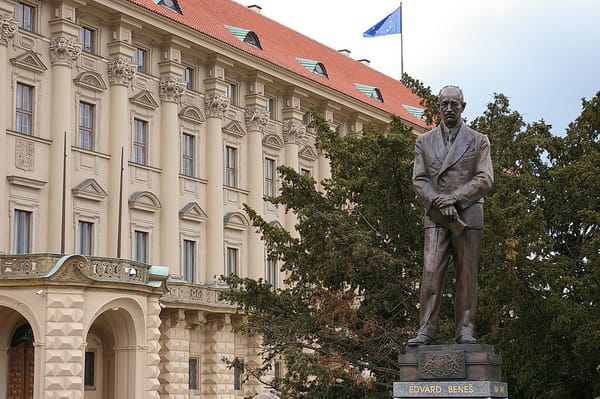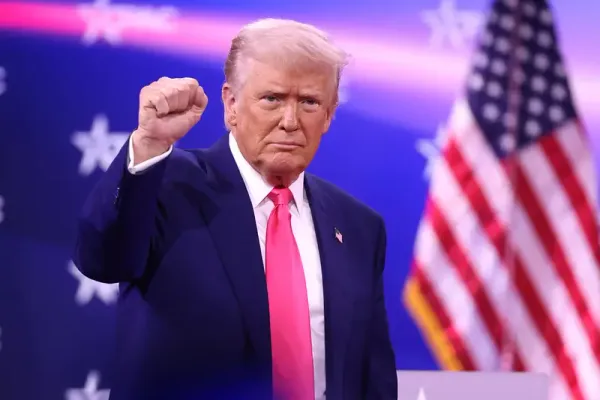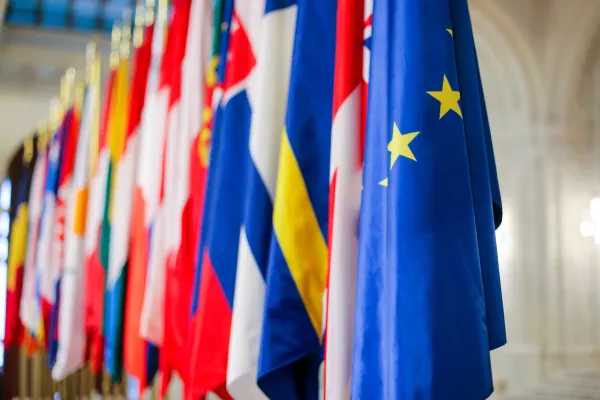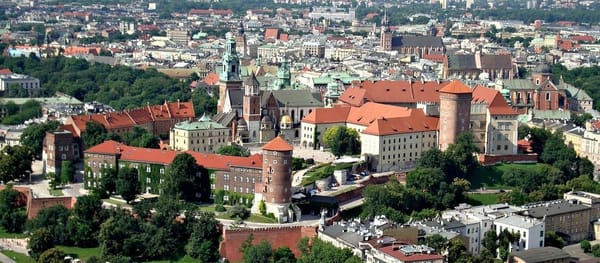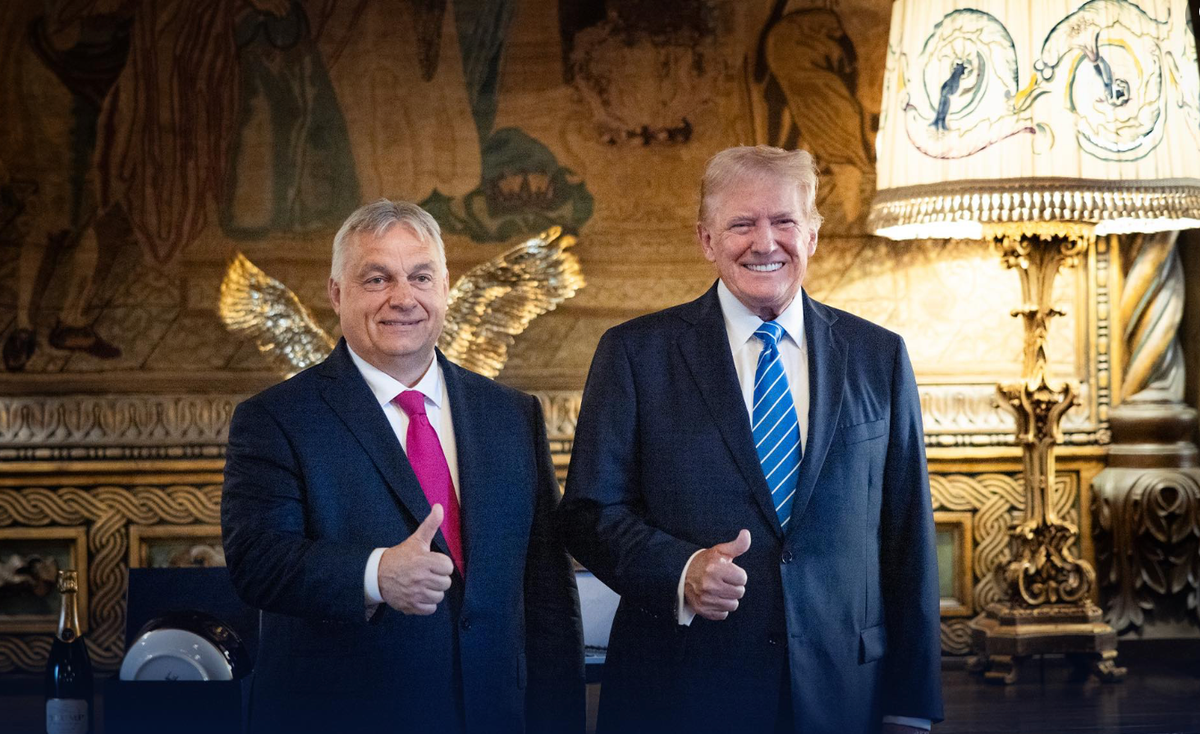
To the victor go the spoils - the big winners and losers of Trump's second presidency - CET op-ed
Hungarian Prime Minister Viktor Orban, no stranger to political brinkmanship, went all in on Donald Trump’s election victory: a win that was by no means assured when he paid a surprise visit to the US in July.
Hungary currently holds the six-month rotating EU presidency, and Orban has repeatedly, erroneously, presented himself as an official representative of the bloc’s foreign policy. Orban’s US trip had the optics of a desperate bid to salvage political standing made by a figure increasingly isolated both on the international stage, and in the EU.
While Orban’s political future had seemed precarious, Trump’s electoral victory on Tuesday, 5 November has turned the tide and even elevated him to a unique position, given his friendly relations with three global superpowers: China, Russia, and the US.
It is hard to predict the long-term benefits this position may bring, but it is undoubtedly a major victory for a leader whose power is also increasingly challenged at home: just one day before Trump’s shock landslide win, a respected pollster showed Orban trailing to emerging challenger Peter Magyar and his Tisza party.
Trump holds cards on Ukraine
While Orban celebrates a political resurgence, Ukraine faces one of its darkest days with Trump’s victory. Ukraine’s current predicament was set in motion long before this election, however. The outgoing administration of US President Joe Biden, rather than taking a firm stance on Ukraine’s territorial integrity, stated that it would not put boots on the ground should Russia invade its neighbour.
This declaration may have persuaded Russian President Vladimir Putin to finally execute his plan to launch a full-scale land invasion of Ukraine, and Biden’s divulgence of weakness has proved a fatal error, leaving Ukraine stuck in an unwinnable war, exacting a terrible toll.
Even if Trump were not now set to return to power, there would still be no road back to the point where the war in Ukraine was preventable. Now Ukrainians await the return of an unpredictable, capricious president, who holds all the cards in determining their nation’s future.

